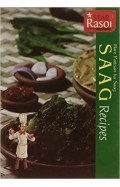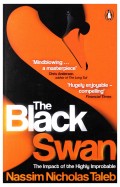- Home
- Books
- Categories
- Non Fiction
- History
- Points of Entry Encounters at the Origin Sites of Pakistan
Points of Entry Encounters at the Origin Sites of Pakistan
By: Nadeem Farooq Paracha
-
Rs 1,525.50
- Rs 1,695.00
- 10%
You save Rs 169.50.
Due to constant currency fluctuation, prices are subject to change with or without notice.
Pakistan is more than the sum of its news-making parts. In these marvellous essays on history, politics and society, cultural critic Nadeem Farooq Paracha upturns various reductive readings of the country by revealing its multi-layered reality. With wit and insight, he investigates past events and their implications for modern-day society.
Thus, one piece explores how and why Mohenjo-daro has been neglected as a historical site, and another examines how Muhammad-bin-Qasim, who briefly invaded Sindh in 713 CE, has come to be lionised as the original founder of Pakistan. There is a story about a Pakistani Jimi Hendrix who plays the guitar like a dream and also one about a medieval emperor who lives on in the swear words of a Punjabi peasant. There are essays on Pakistani pop music, on Afro-Pakistanis and on how Jhuley Lal came to be more than just a folk deity for Sindhi immigrants in India.
Pakistan is more than the sum of its news-making parts. In these marvellous essays on history, politics and society, cultural critic Nadeem Farooq Paracha upturns various reductive readings of the country by revealing its multi-layered reality. With wit and insight, he investigates past events and their implications for modern-day society.
Thus, one piece explores how and why Mohenjo-daro has been neglected as a historical site, and another examines how Muhammad-bin-Qasim, who briefly invaded Sindh in 713 CE, has come to be lionised as the original founder of Pakistan. There is a story about a Pakistani Jimi Hendrix who plays the guitar like a dream and also one about a medieval emperor who lives on in the swear words of a Punjabi peasant. There are essays on Pakistani pop music, on Afro-Pakistanis and on how Jhuley Lal came to be more than just a folk deity for Sindhi immigrants in India.
End of past: An immediate eyewitness history of a troubled nation
By: Nadeem Farooq Paracha
Rs 1,165.50 Rs 1,295.00 Ex Tax :Rs 1,165.50
Points of Entry Encounters at the Origin Sites of Pakistan
By: Nadeem Farooq Paracha
Rs 1,525.50 Rs 1,695.00 Ex Tax :Rs 1,525.50
Muslim Modernism : A case for naya Pakistan
By: Nadeem Farooq Paracha
Rs 1,165.50 Rs 1,295.00 Ex Tax :Rs 1,165.50
Soul Rivals: State, Militant and Pop Sufism in Pakistan
By: Nadeem Farooq Paracha
Rs 746.25 Rs 995.00 Ex Tax :Rs 746.25
The Reluctant Republic: Ethos and Mythos of Pakistan
By: Nadeem Farooq Paracha
Rs 1,345.50 Rs 1,495.00 Ex Tax :Rs 1,345.50
For Faith State And The Soul
By: Nadeem Farooq Paracha
Rs 13,500.00 Rs 15,000.00 Ex Tax :Rs 13,500.00
Imran Khan: Myth Of The Pakistani Middle-Class
By: Nadeem Farooq Paracha
Rs 1,615.50 Rs 1,795.00 Ex Tax :Rs 1,615.50
Zubin Mehta: A Musical Journey (An Authorized Biography)
By: VOID - Bakhtiar K. Dadabhoy
Rs 472.50 Rs 1,050.00 Ex Tax :Rs 472.50
End of past: An immediate eyewitness history of a troubled nation
By: Nadeem Farooq Paracha
Rs 1,165.50 Rs 1,295.00 Ex Tax :Rs 1,165.50
The Black Swan The Impact Of The Highly Improbable
By: Nassim Nicholas Taleb
Rs 2,965.50 Rs 3,295.00 Ex Tax :Rs 2,965.50
End of past: An immediate eyewitness history of a troubled nation
By: Nadeem Farooq Paracha
Rs 1,165.50 Rs 1,295.00 Ex Tax :Rs 1,165.50
No recently viewed books available at the moment.
Zubin Mehta: A Musical Journey (An Authorized Biography)
By: VOID - Bakhtiar K. Dadabhoy
Rs 472.50 Rs 1,050.00 Ex Tax :Rs 472.50
End of past: An immediate eyewitness history of a troubled nation
By: Nadeem Farooq Paracha
Rs 1,165.50 Rs 1,295.00 Ex Tax :Rs 1,165.50
Points of Entry Encounters at the Origin Sites of Pakistan
By: Nadeem Farooq Paracha
Rs 1,525.50 Rs 1,695.00 Ex Tax :Rs 1,525.50
Muslim Modernism : A case for naya Pakistan
By: Nadeem Farooq Paracha
Rs 1,165.50 Rs 1,295.00 Ex Tax :Rs 1,165.50
Soul Rivals: State, Militant and Pop Sufism in Pakistan
By: Nadeem Farooq Paracha
Rs 746.25 Rs 995.00 Ex Tax :Rs 746.25
The Reluctant Republic: Ethos and Mythos of Pakistan
By: Nadeem Farooq Paracha
Rs 1,345.50 Rs 1,495.00 Ex Tax :Rs 1,345.50
For Faith State And The Soul
By: Nadeem Farooq Paracha
Rs 13,500.00 Rs 15,000.00 Ex Tax :Rs 13,500.00
Imran Khan: Myth Of The Pakistani Middle-Class
By: Nadeem Farooq Paracha
Rs 1,615.50 Rs 1,795.00 Ex Tax :Rs 1,615.50
End of past: An immediate eyewitness history of a troubled nation
By: Nadeem Farooq Paracha
Rs 1,165.50 Rs 1,295.00 Ex Tax :Rs 1,165.50













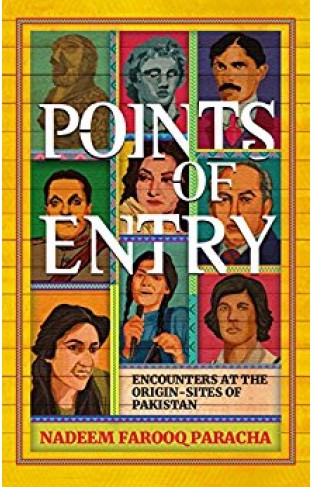
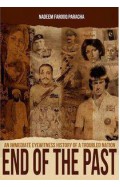
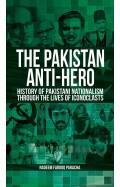
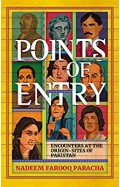
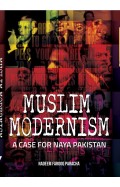
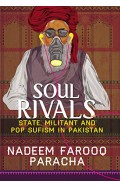
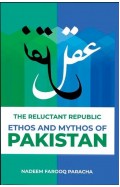
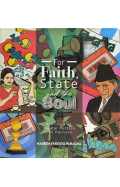
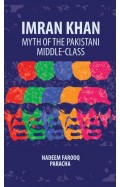

-120x187.jpg?q6)





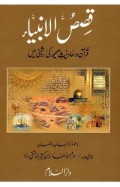



-120x187.jpg?q6)



